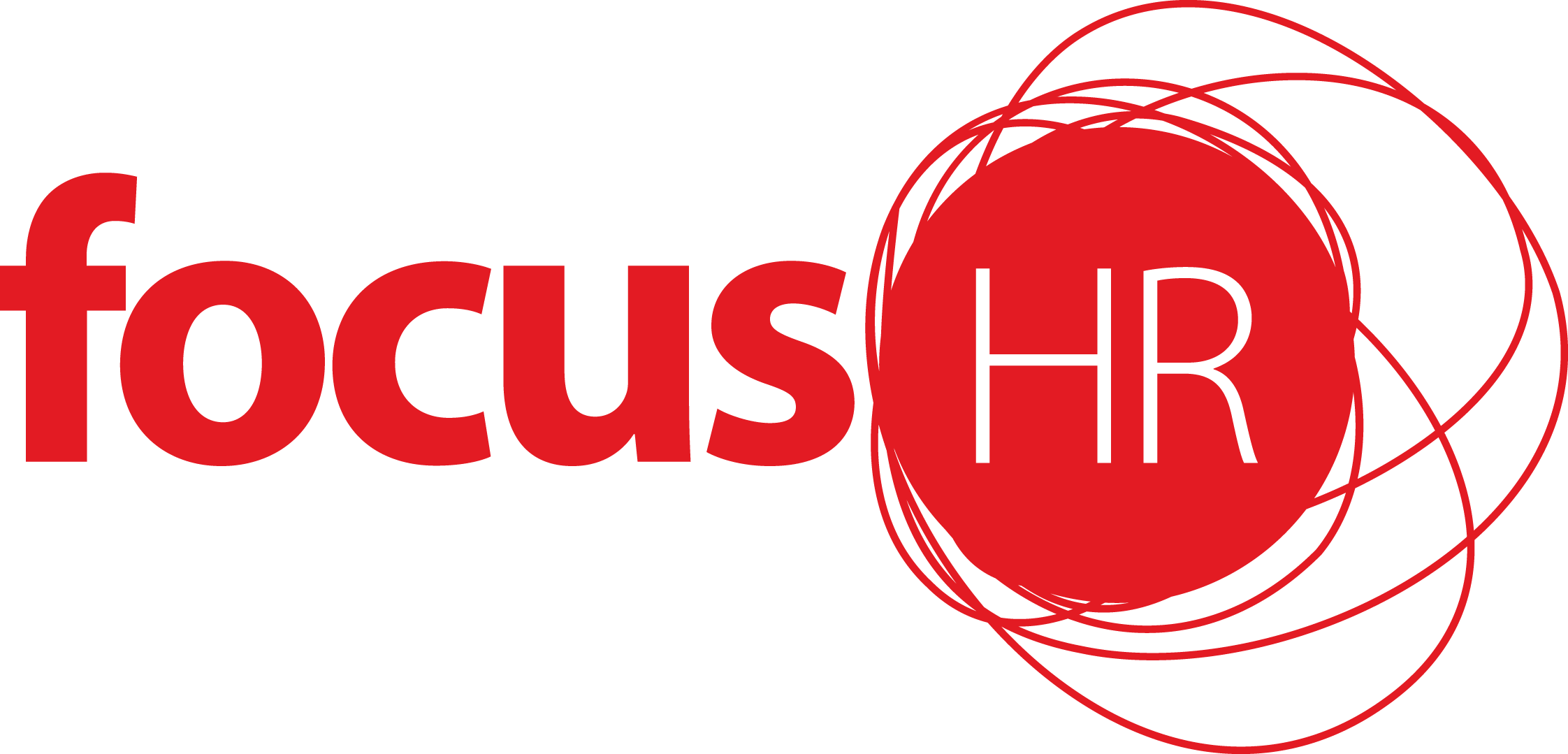We had an interesting conversation yesterday about why are we even doing a four day week and it seems odd to have that conversation six months after we first started talking seriously about implementing a 4DW, but it’s a valid question.
We’ve got a really good team, we are hitting our straps. We’ve got good flexibility. None of the team is working excessive over time, or is under ridiculous amounts of stress. Yep, we’ve got weeks, a few weeks or periods of a few weeks at a time, where things might be pretty manic. But overall, we’re not a super high stress industry or, a business that requires a ton of overtime, or ask their people for blood.
So we don’t really have a problem that needs fixing. And of course the saying is ‘if it ain’t broke, don’t fix it’.
Hence the question – why are we even doing this? Where we got to was that we’ve been on this journey, on this push, for the last two years or so to really be working on our assets and our templates and on everything that helps to make us really efficient as a business. And when we look at the driver for that, and for any business really who looks to get things done more efficiently, is to be able to produce more with less. Which is effectively what you’re trying to do when you’re building efficiencies. There can be two outcomes from that or two drivers for that. The traditional one, is we want to be able to generate more work and more profit with less input, and some of those inputs, of course are people inputs. And so businesses go through efficiency drives which then result in restructures, including redundancies. That’s never been our approach. Our drive for efficiency and productivity is to make our work lives, easier to work smarter and not harder. And yes, ideally to be able to be a more profitable business which we then share with our people through the profit share system.
But if you take that then to the next level. The second way that you can look at the drive for efficiency and productivity and being able to get more done in less time with less hours and people resources is that you can then reach a point where you are able to give back to people not just by way of profit share, but also by way of time. So, if everyone in our business is working really hard towards gaining those efficiencies and assisting the whole business and the whole team to be able to get through work better, smarter, faster. Why can the reward not be that everyone in the team then gains from that time that we get to claim back. And that’s where a four day week actually becomes about sharing the wins of being a highly effective, highly productive team.
I also see that while our team wants to remain connected, and is very strong on wanting to keep the face to face relationships within the team. There is also a really strong emotional thread when we talk about the four day week. You can see people thinking about the fact that they can potentially spend more time with their children, or that they will actually be able to see their parents more on a weekend if they need to travel to see them. I can see that there is a pretty strong emotional pull for people to get involved, from that perspective as well. And I think that’s a really powerful thing. I think it’s great. Again, like my journey in having to discover that there was something else that I wanted to do with my day five, if other people have got that same really strong pull towards or clear thought of ‘I would really value day five to me because I could achieve x, or I could do X or I can spend time with someone’.
That’s when the motivation to remain at 100% for the four days, and to set ourselves up for success is strong. And when we’re all motivated to do that, of course we all succeed better as a team and win as a team.

